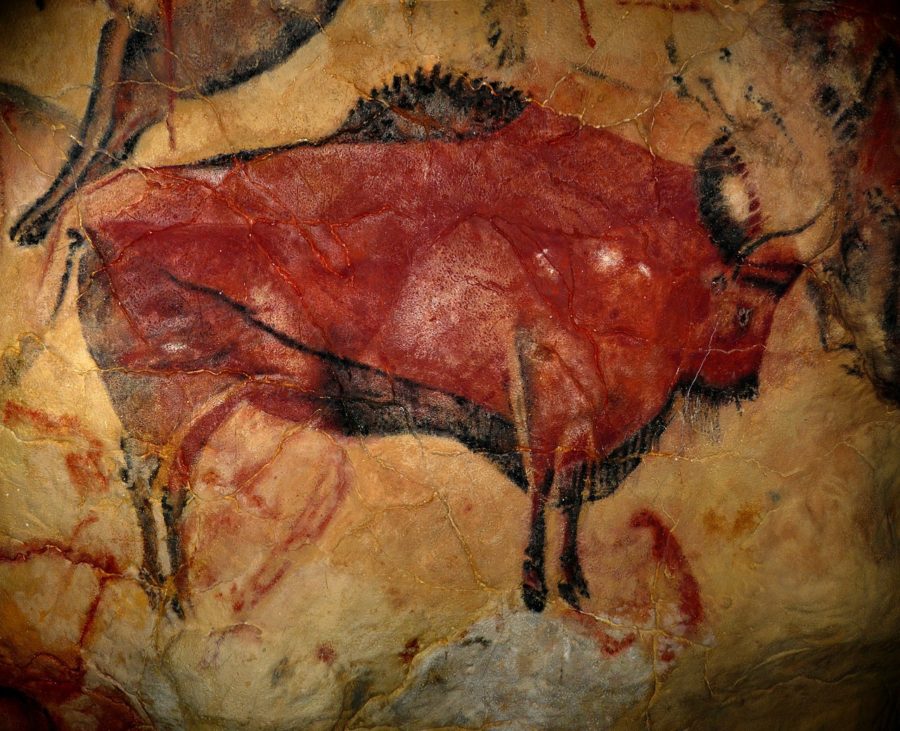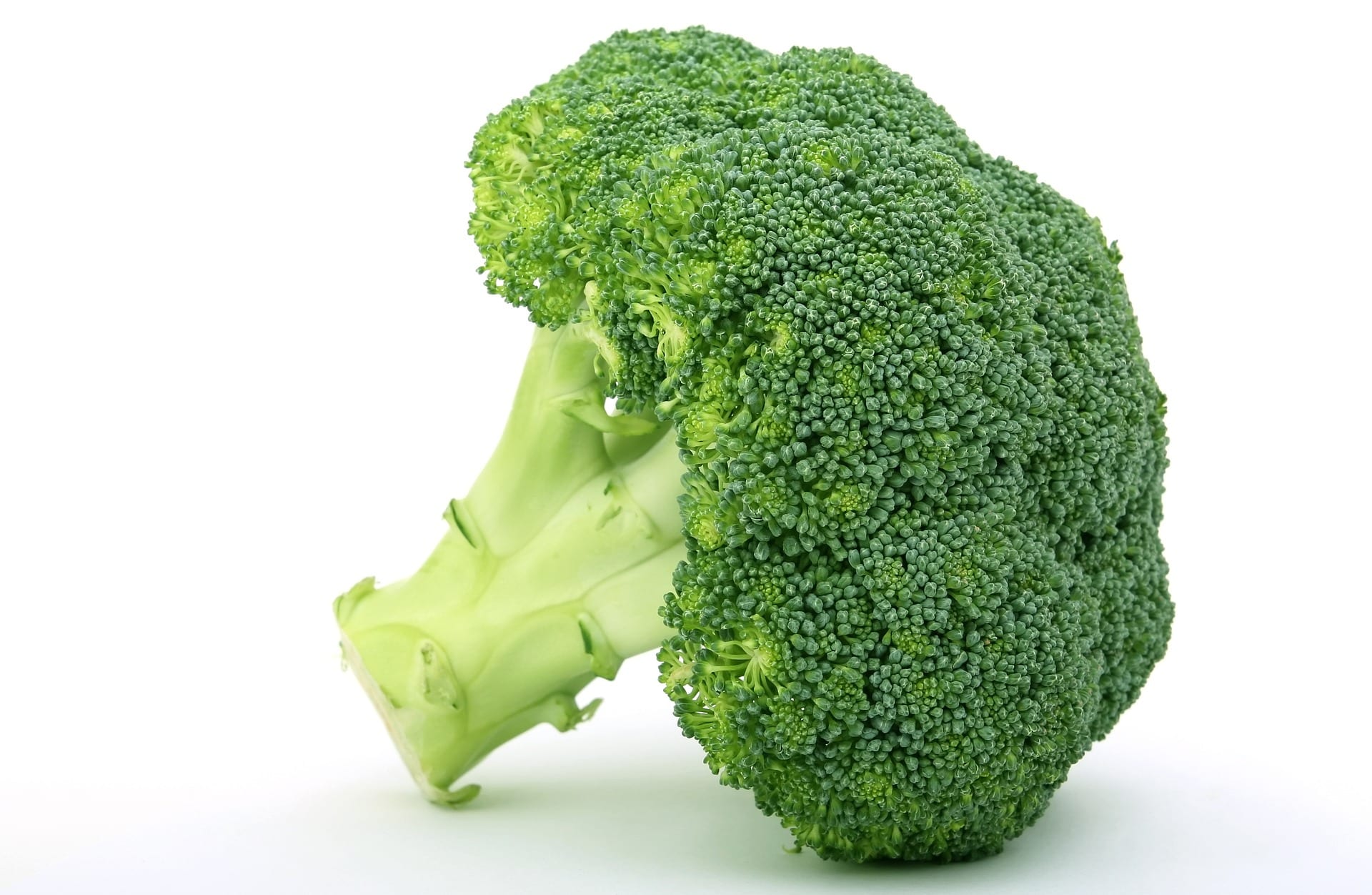The Paleo Diet could have an important link with our genes. Can you imagine eating like in the paleolithic? Many people say that our bodies are not adapted to the food we eat. They argue that in ten thousand years a species does not exceed hunter-gatherer a cultivar their food as if nothing. For them, many health problems would disappear if our diet went back to our origins. However, nutritionists they do not agree on this diet. It is a controversial issue that leaves no one indifferent.
What is the Paleo Diet like?
It basically consists of feeding on meat, eggs, fish, nuts, fruits y vegetables. The processed products, added sugars, legumes, dairy (normally) and cereals. In his view, straying from this path leads to disorders such as diabetes, heart disease, celiac disease, cancer ... These problems would come from the fact that the human being has existed for a long time two million years which appeared in the form of homo habilis. Does 195 a thousand years he became the Homo Sapiens and it just does ten thousand years began to settle and cultivate.
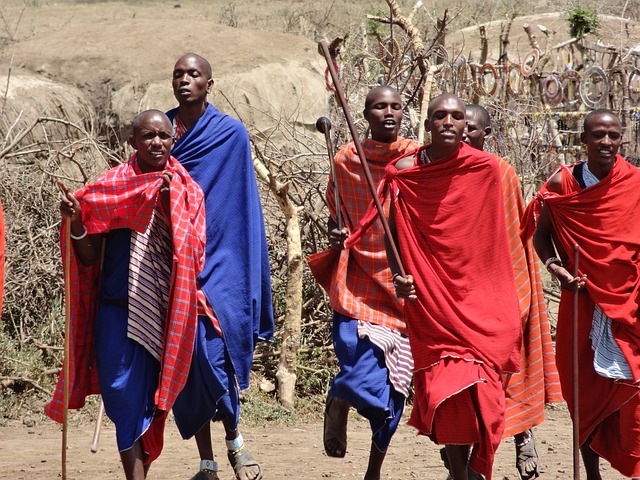
For them, ten thousand years is not enough to adapt to a sedentary life. For this reason, they always cite as examples the current tribes of masai or inhabitants of New Guinea. The former eat such amounts of meat which would exceed cholesterol levels by six times recommended in the west! However, heart problems derived from cholesterol are very rare among them. In the second case, they barely eat meat but they make good use of products that they have always carried with them. We talk about tubers, fruits y fish.
Detractors of this diet
His detractors do not find much sense in these arguments. They assure that this diet belongs to a time in which the average life expectancy it was very small compared to the current one. Thirty-two years compared to eighty-three now in Spain! Also, they are not worried about the short time we have been sedentary. They maintain that selective pressure full evolution he did his job well. In this way, people who did not tolerate cereals grown in the Neolithic they died without issue. Thus, only those who could endure the new diet passed on their genes.
Defenders counter the fact that life expectancy was so low. They claim that the high Child mortality of this era without medicine the average life expectancy was lowered. According to his explanation, those who reached adulthood were well adjusted and could live for seventy years. The detractors fight back by claiming that the theory of paleolithic diet is unfounded, since the current livestock differs from hunting of wild animals. In addition, traces have been found in southern Africa of humans who ate starchy plants hundreds of thousands of years ago. The virtues always stand out diet mediterranean, considered one of the most varied y healthy
A middle point
There is a third way. Some knowledgeable people defend it only if you genetics is suitable for it. How can you know? What they propose is that you take a test to check the origin of your genes. They are getting cheaper and cheaper and their current price is around eighty euros. In the case of myheritage, They are on sale and do not reach fifty. And it is that the food is not, nor has it been, the same in Europe as in China or in Mesoamerica. Therefore, they ensure that your body will not respond in a good way by digesting something that your ancestors did not eat.
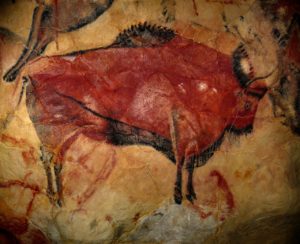
For example. If your ancestors come from Mesoamerica (Central America of Mayan or Aztec heritage) surely you tolerate the corn or potatoes than a European. On the other hand, if your genes are from Europe, surely, you will not assimilate well foods that came to us a few centuries ago with the conquest of America. Another example that can be treated is what happens with cow's milk.
The case of milk
Much is debated about benefits y contraindications of this drink. This liquid began to be drunk in Europe when the human being expanded towards the north. Vegetables were in short supply for many months due to the cold weather. It was a matter of supervivencia. However, it was only enjoyed by adults who kept the lactase enzyme. It digests and processes the lactose in cow's milk. That is why blancos they are the population that best tolerates it. The same does not happen in Asia. In China, for example, milk consumption is very rare.
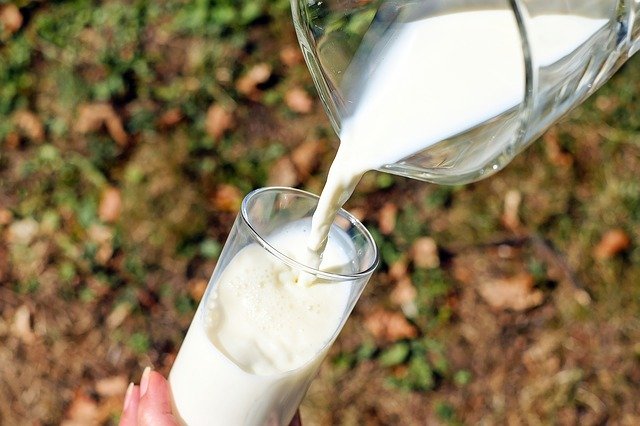
In the paleolithic diet usually exclude oneself this drink, since it has been consumed massively for less than two hundred years. This started in the nineteenth century with the industrial revolution. The paleos assure that it is not necessary and that there are sources of football much healthier like eggs, fish and nuts. In addition, they see harmful hormones given to cows to make more milk. They also do not find healthy pasteurization that kills the main positive bacteria for the body (in addition to the harmful ones).
Another ethnic group that incorporates milk into their diet and has no problems with it is the one already mentioned maasai. Who hold that the paleodiet is a matter of genetics they have it clear. They ensure that it suits them because they have been consuming it forever and have adapted. Most likely, we will not agree because it is a very complex issue that concerns deep-rooted eating habits. At least we offer an interesting reflection on evolution and something that will always accompany and passion us: feeding.


